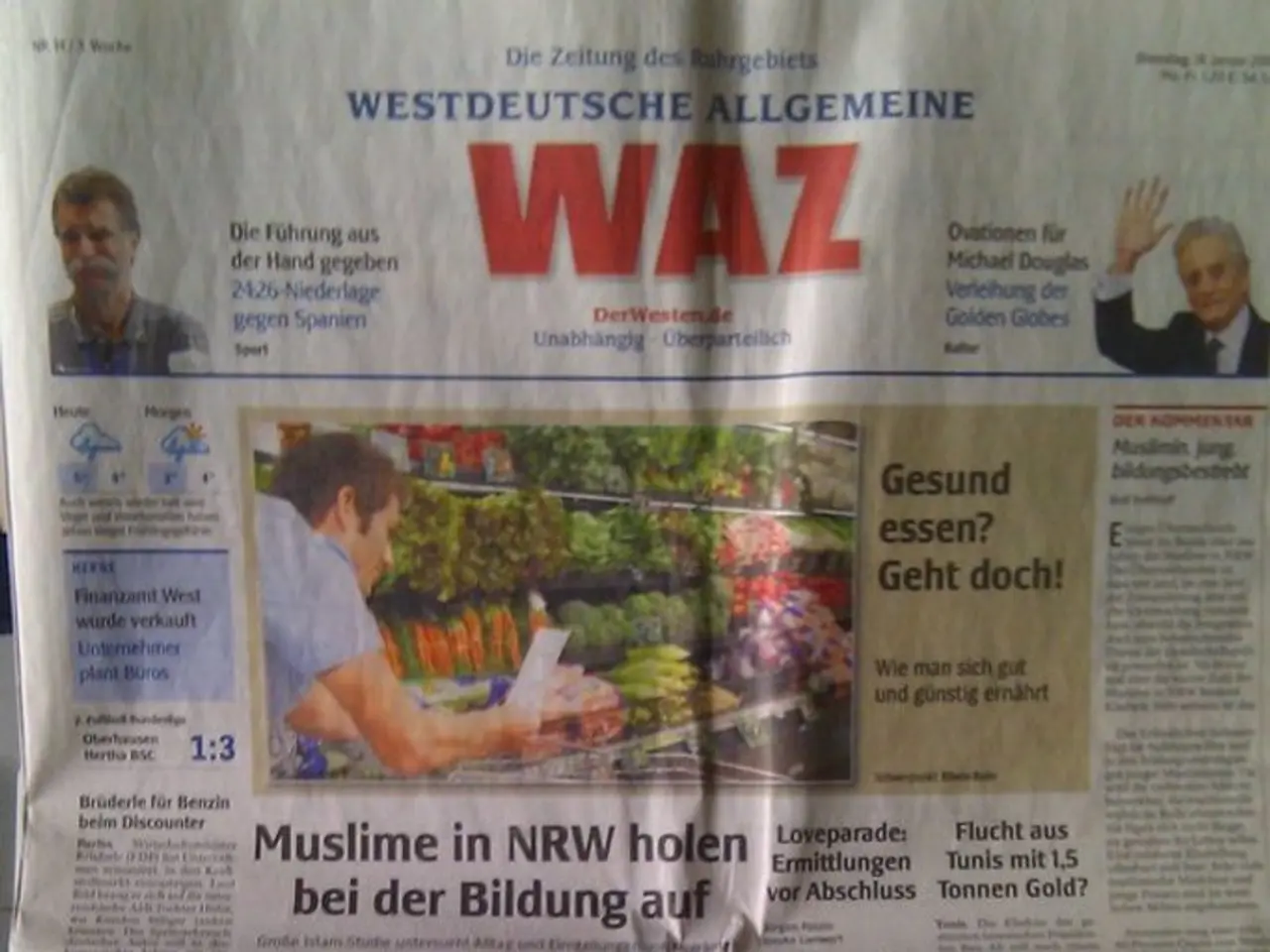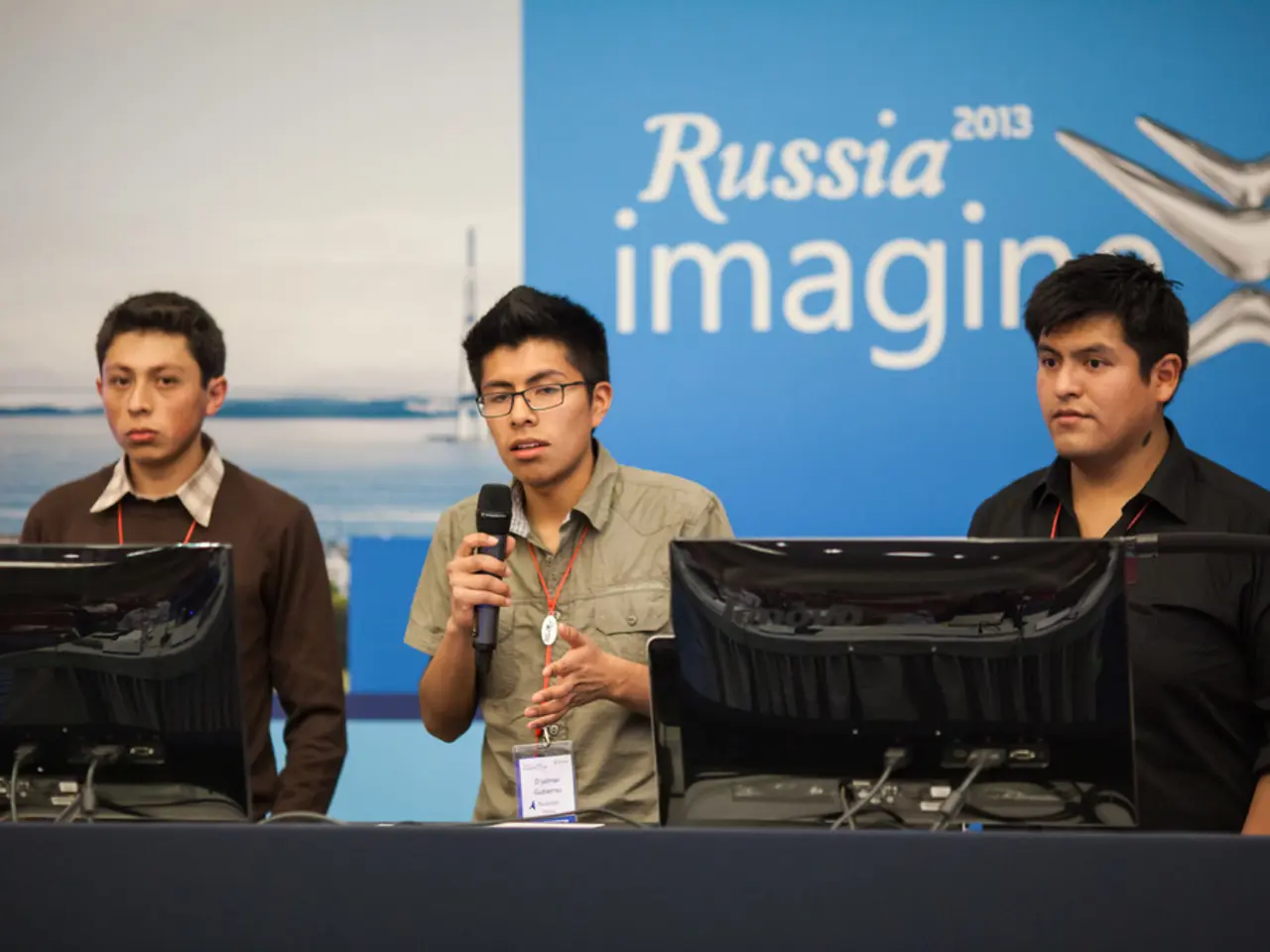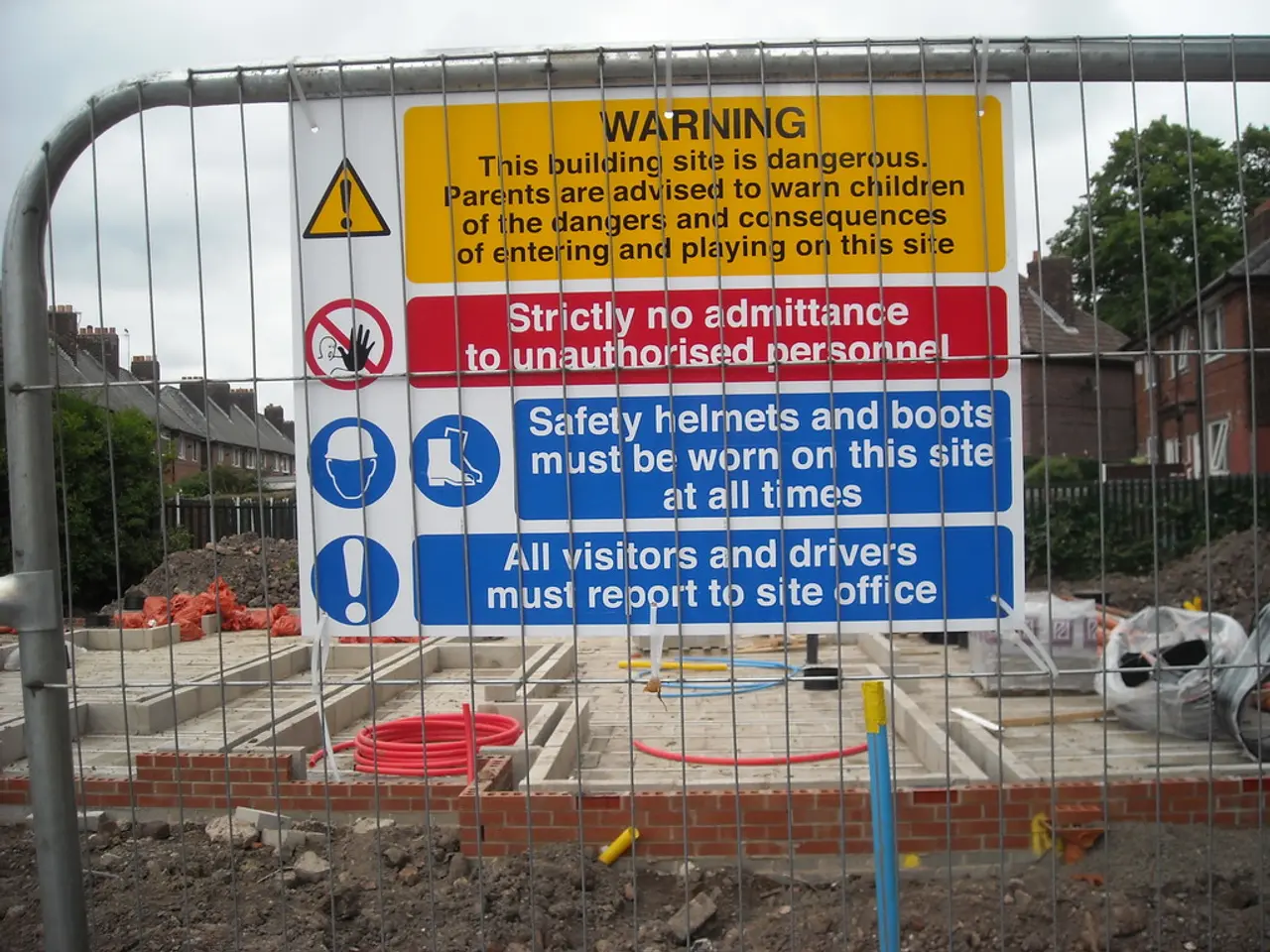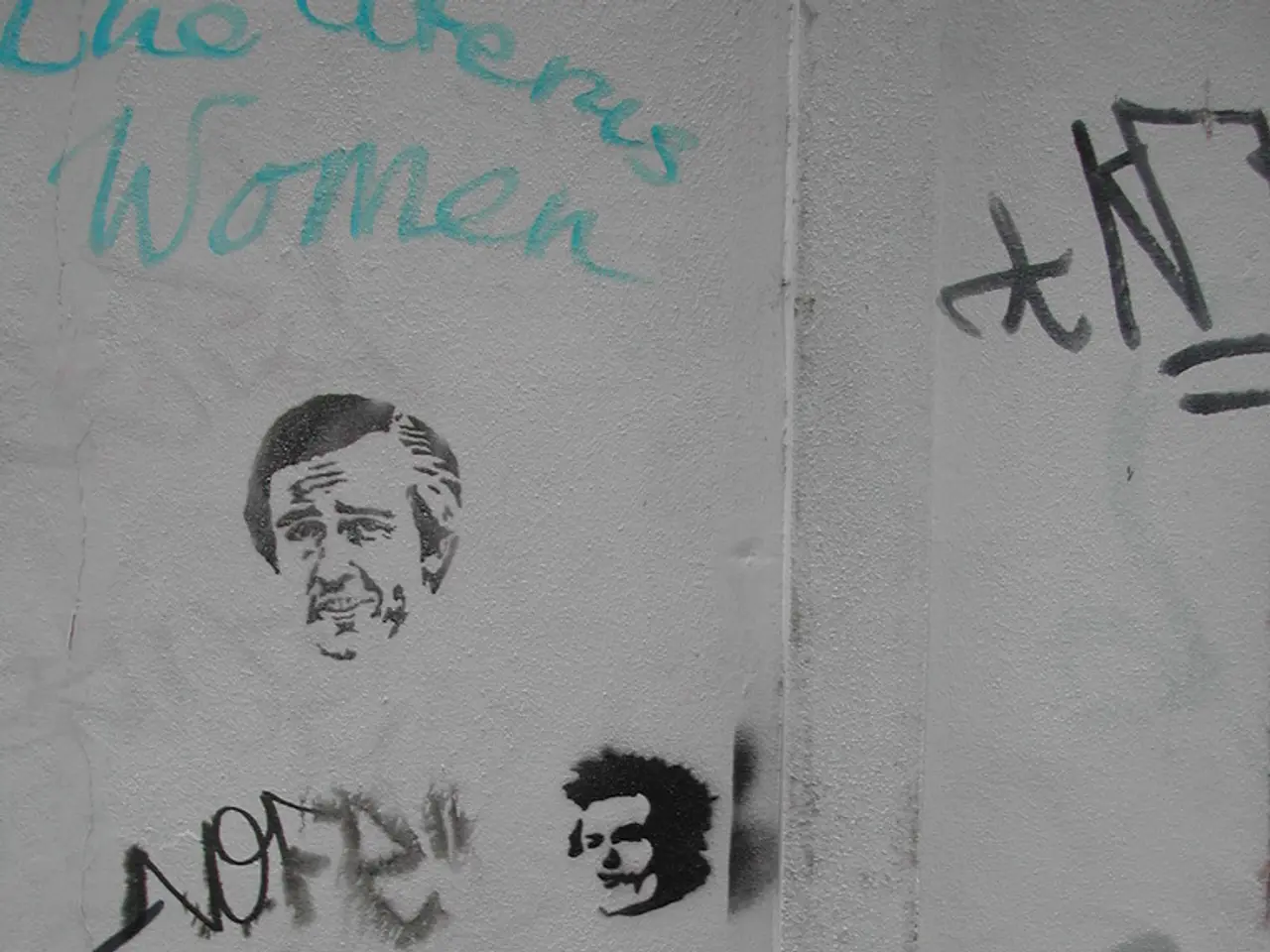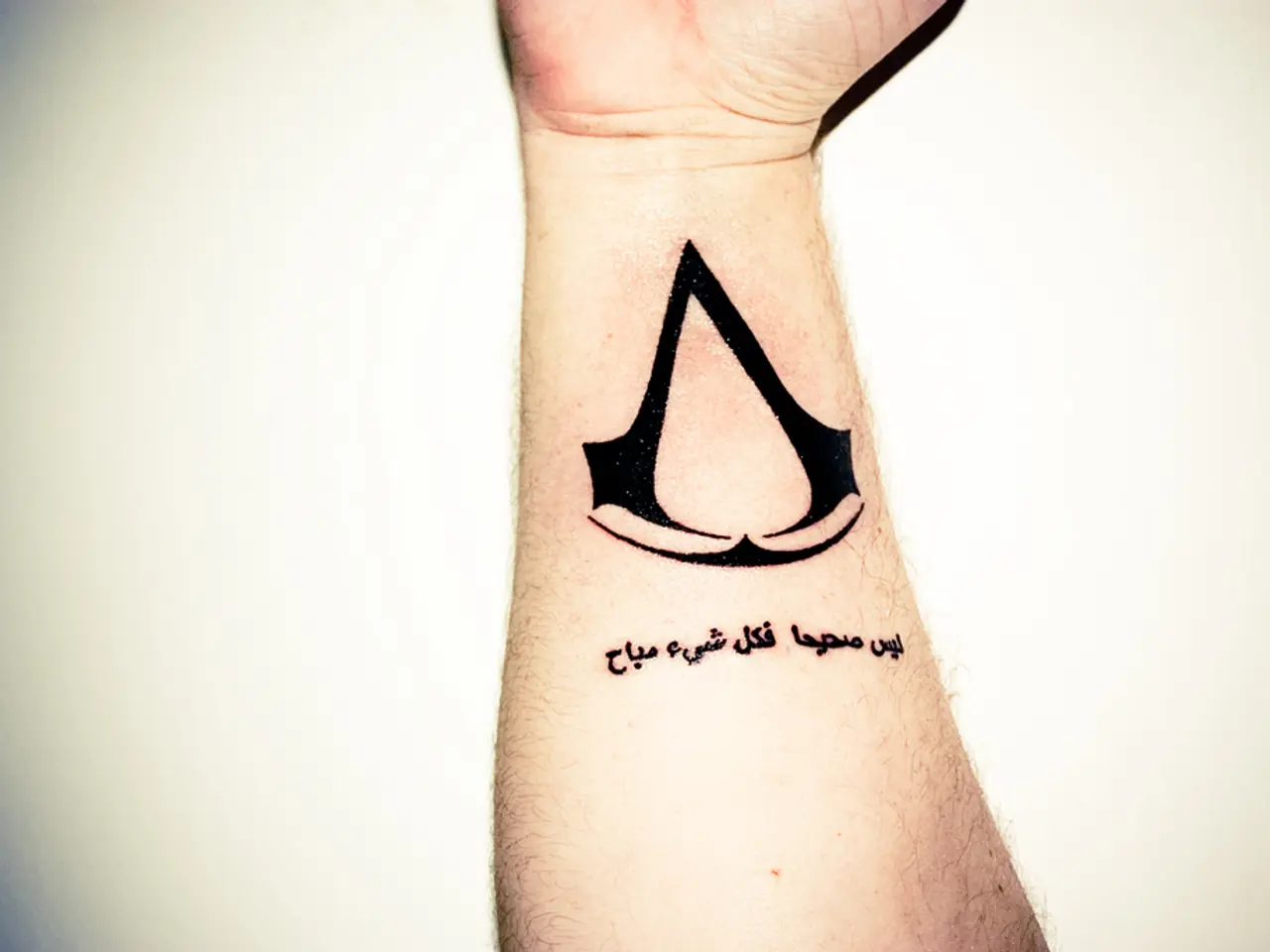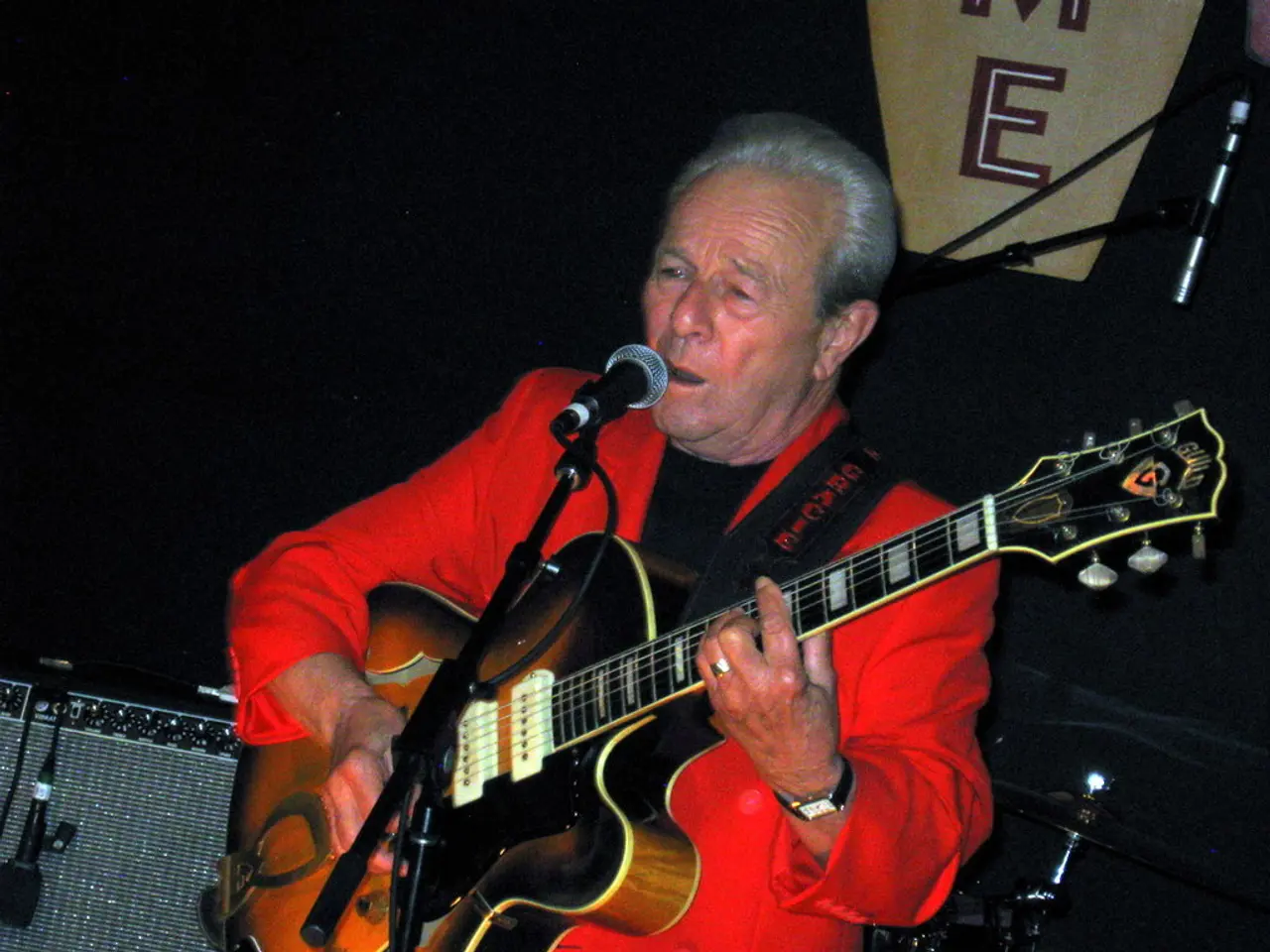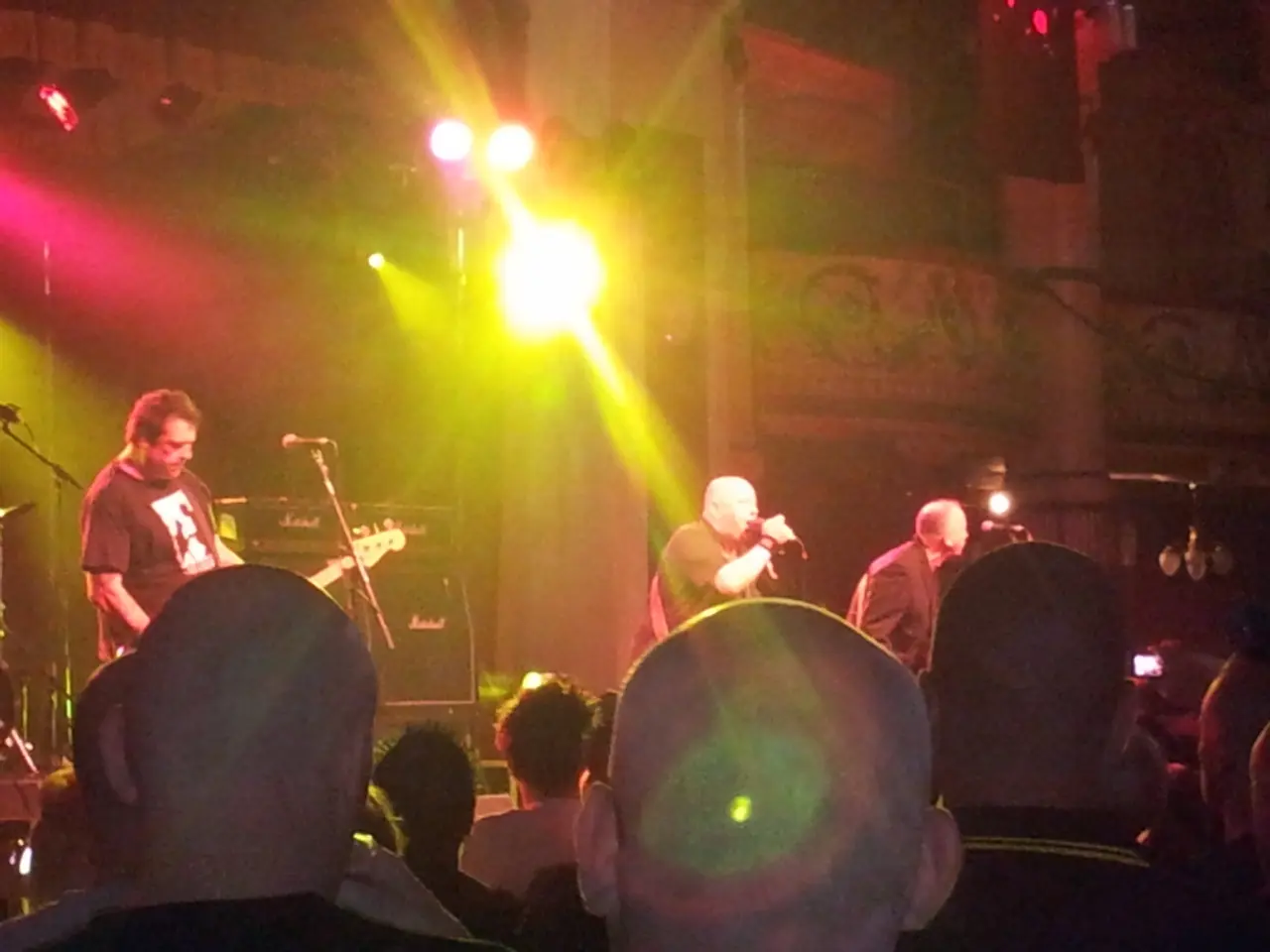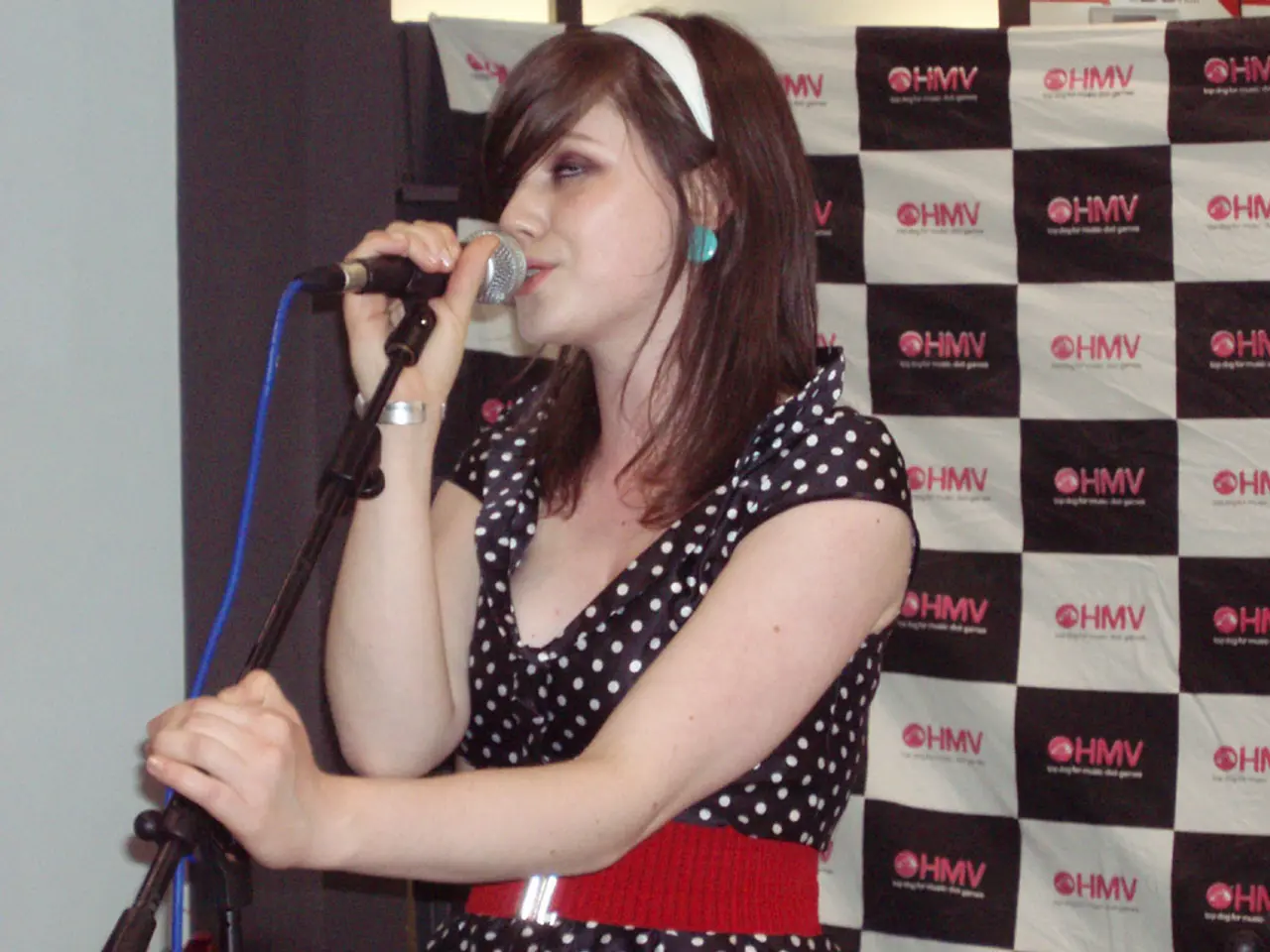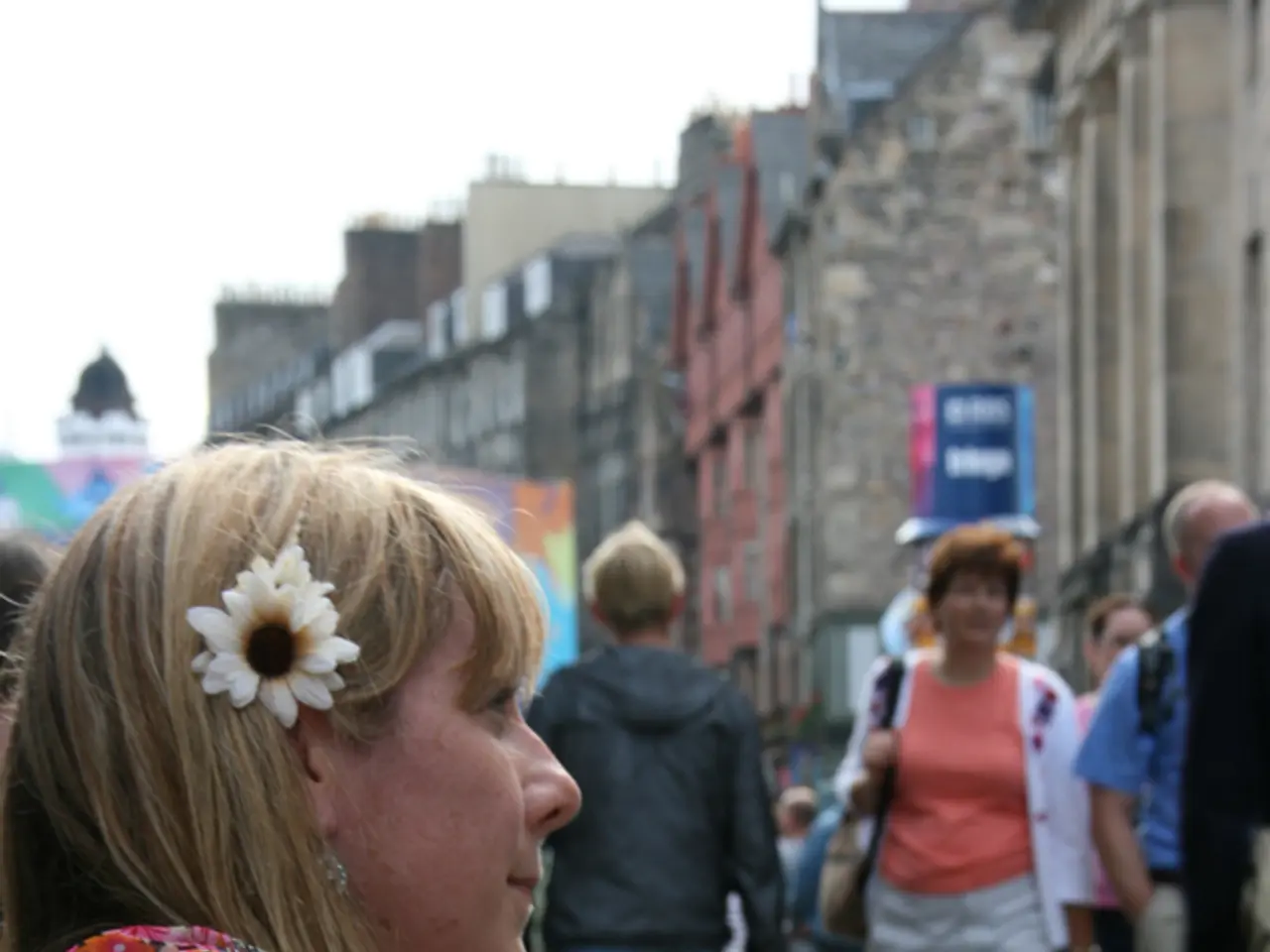Syrian troops withdraw from the Druze stronghold following widespread violence that claims over 500 lives
In the heart of Syria, the Sweida province has been engulfed by a wave of intense sectarian violence, primarily between the local Druze community and Sunni Bedouin tribes. The conflict, which started with tit-for-tat kidnappings and attacks, has escalated into a full-blown crisis, with government forces intervening but facing criticism for alleged attacks on Druze civilians.
The violence reached a significant peak around mid-July 2025, involving Druze militias, Bedouin tribes, and government forces. Reports suggest that over 600 deaths have occurred, with more than 80 civilians, mostly Druze, being killed in "field executions." Despite a brief truce, violence resumed, causing international concern.
The Syrian government responded by deploying internal security forces to the area. However, these forces have been criticized for their actions against Druze civilians, including killings and looting of homes. The situation remains volatile, with reports of revenge attacks and ongoing clashes.
Israel has been involved in the situation, allowing Syrian security forces to enter Sweida for a limited period to address the unrest. Meanwhile, the United Nations has called for de-escalation and protection of civilians amid the rising sectarian tensions.
The conflict has left many bodies in the streets of Sweida, with residents finding their loved ones among the dead. The humanitarian situation is dire, with looted homes and medical facilities overwhelmed by casualties. The Syrian Observatory for Human Rights describes the violence as systemic, with allegations of sectarian violence committed by government forces.
Islamist interim President Ahmed al-Sharaa, who was once linked to Al-Qaeda, announced that community leaders would resume control over security in Sweida after the deployment of government troops. Sharaa pledged to protect the Druze community and hold accountable those who transgressed against them.
The US has agreed to restore calm in the area, urging all parties to fulfill their commitments. Israel presents itself as a defender of the Druze minority, but some analysts suggest this is a pretext for pursuing military goals related to the Golan Heights.
Qamar Abu Saleh, a 36-year-old educator, described the sight of people crossing the barbed-wire frontier as a dream-like event. Dozens of Druze gathered in the Israeli-occupied Golan Heights, hoping to see relatives on the Syrian-held side.
The situation in Sweida remains uncertain, with the need for de-escalation and protection of civilians being of utmost importance. The international community continues to monitor the situation closely, hoping for a peaceful resolution to the conflict.
- The ongoing crisis in Sweida province, marked by sectarian violence, has drawn attention from various sectors, with human rights organizations expressing concern over alleged crimes against Druze civilians by government forces.
- Politics and general news outlets have reported on the escalating situation in Sweida, focusing on the clashes between Druze militias, Bedouin tribes, and government forces, alongside the international community's calls for de-escalation and justice.
